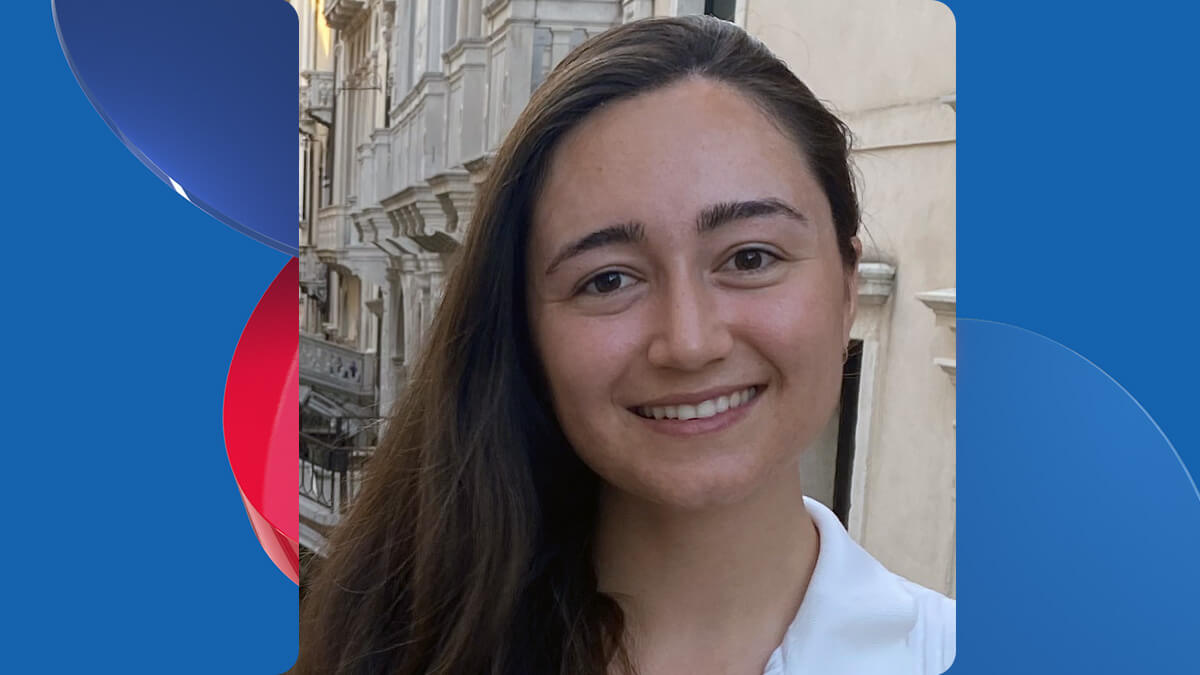Cultures Across Cultures: A Global Deep Dive into Fermented Microbial Communities
About the session
Fermentation is the world’s oldest science. Bacteria and yeast have incredibly diverse functions to convert base ingredients into unique fermented foods that are a staple of diets in many cultures. While we may be familiar with many of the prominent players in sourdough, yogurt or miso, there are thousands of unique ferments that are yet to be studied. Each of these is home to microbes that assemble, exist and transform food in unique ways. Throughout this project, 360 unique fermented food samples from six countries were collected and sequenced.
Speakers

Liana Merk graduated with a B.S. degree in bioengineering from the California Institute of Technology. Last year, she received a Thomas J. Watson Fellowship, a prestigious one-year grant for independent international research. Her Watson project, entitled “Cultures Across Cultures,” took her around the world to study the biodiversity of fermented foods and their impact on different cultures. Looking for genetic signatures that indicate how strains of bacteria have traveled and evolved across cultures, Liana visited farms, local fermentation spaces and labs in many countries to study the unique microbial communities in yogurt, miso, kombucha, and more. Throughout her project, she collected hundreds of unique fermented food samples, and used amplicon and metagenomic sequencing to analyze the microbial communities within. Learn more about Liana’s work here.